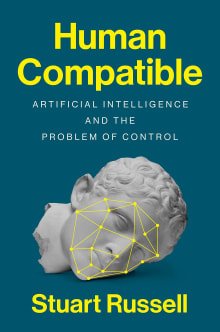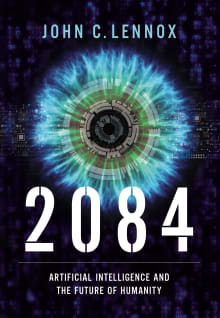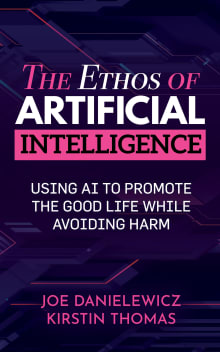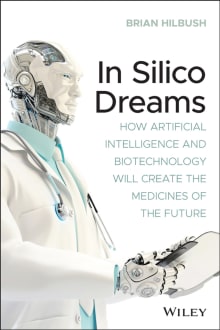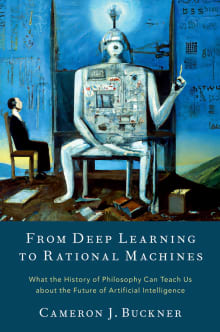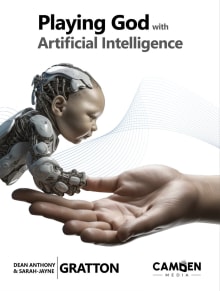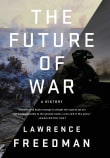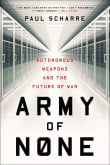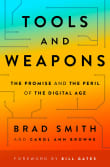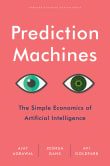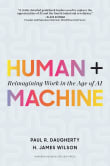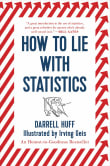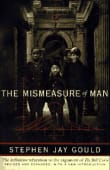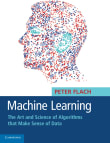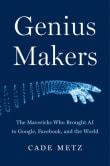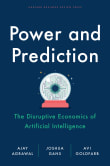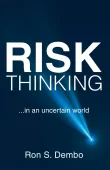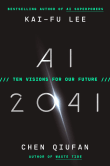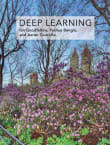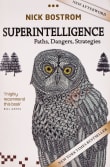
Why did I love this book?
What sets this book apart for us is its focus on rethinking the very foundations of AI. The author, Russell, thoughtfully examines the concept of intelligence itself, comparing humans and machines and outlining the necessary milestones for reaching superhuman AI.
He also doesn't shy away from the current dangers of AI misuse, providing some really great examples.
We found the book very hard to put down, and it raised so many ‘What if?” questions for us!
3 authors picked Human Compatible as one of their favorite books, and they share why you should read it.
A leading artificial intelligence researcher lays out a new approach to AI that will enable us to coexist successfully with increasingly intelligent machines
In the popular imagination, superhuman artificial intelligence is an approaching tidal wave that threatens not just jobs and human relationships, but civilization itself. Conflict between humans and machines is seen as inevitable and its outcome all too predictable.
In this groundbreaking book, distinguished AI researcher Stuart Russell argues that this scenario can be avoided, but only if we rethink AI from the ground up. Russell begins by exploring the idea of intelligence in humans and in machines.…

